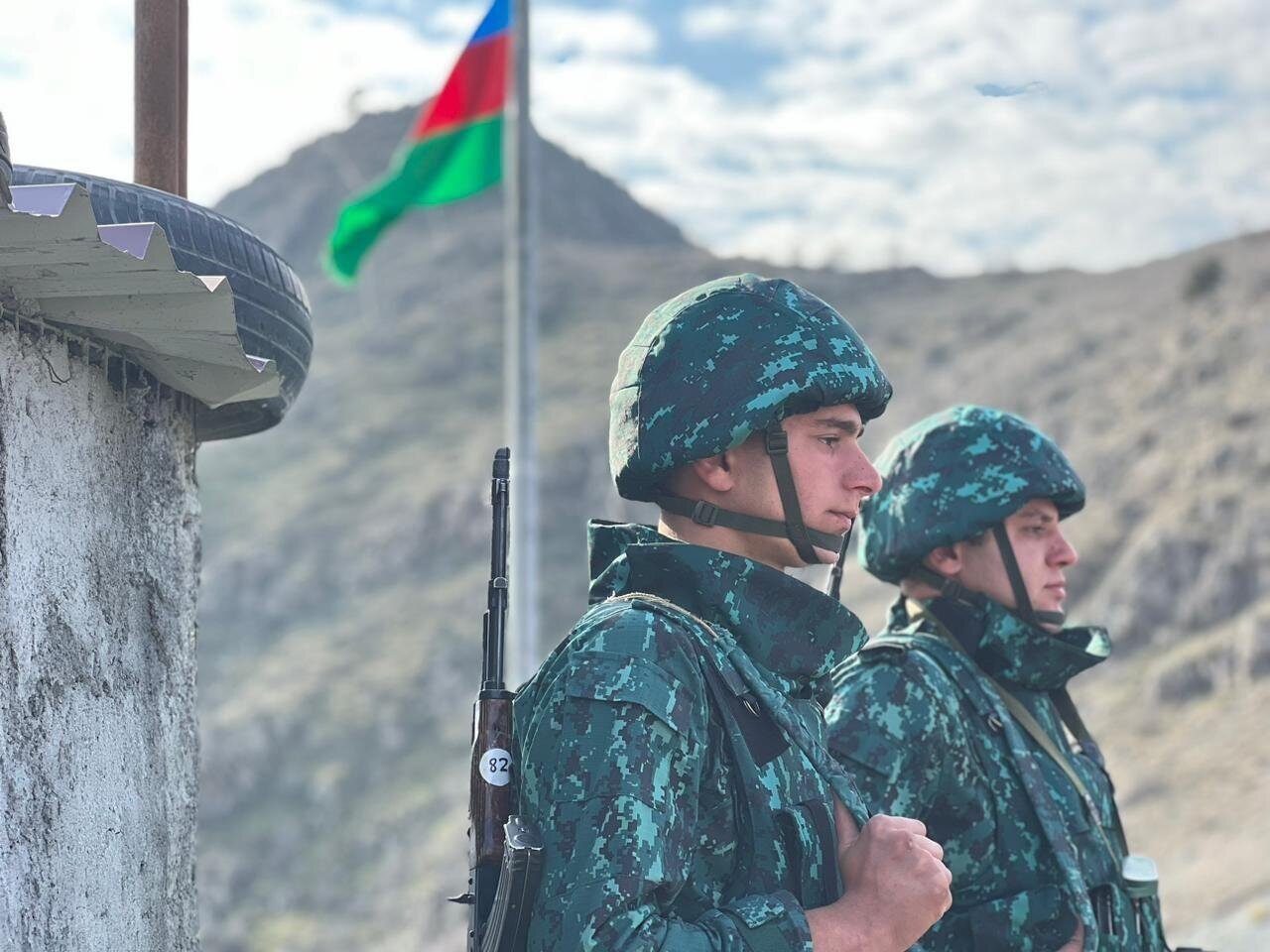The road to peace: Iran’s continued support for Armenia-Azerbaijan diplomacy

TEHRAN – The conflict over Nagorno-Karabakh has been a source of tension between Armenia and Azerbaijan for decades.
The region, internationally recognized as part of Azerbaijan, was seized by Armenian forces in the early 1990s, triggering a war that left thousands dead and displaced many more.
Though a ceasefire was brokered in 1994, the dispute remained unresolved, with occasional flare-ups, culminating in a brutal conflict in 2020. The 2020 war resulted in heavy casualties on both sides and a ceasefire agreement that saw Azerbaijan regain control over much of the region. However, the underlying issue of Nagorno-Karabakh remained unresolved, continuing to threaten stability in the South Caucasus.
In March 2025, Armenia and Azerbaijan made a significant step toward ending nearly four decades of conflict when they agreed on the text of a peace treaty. The agreement saw Armenia relinquish its claim over Nagorno-Karabakh, acknowledging the region as part of Azerbaijan. This momentous step brought hope for a lasting peace in a region long fraught with hostilities.
Iran, a key regional player with close historical and cultural ties to both Armenia and Azerbaijan, has long advocated for a peaceful resolution to the conflict. Iran’s diplomatic approach has consistently emphasized dialogue, respect for territorial integrity, and regional cooperation. As such, Tehran welcomed the peace agreement, with Foreign Ministry spokesman Esmaeil Baghaei describing it as “a necessary and important step” for achieving long-term peace in the South Caucasus.
Iran’s support for the peace process was further underscored by the visit of Masoud Pezeshkian, Iranian president, to Baku on April 28. During his visit, Pezeshkian met with high-ranking Azerbaijani officials to discuss the strengthening of bilateral relations and the implementation of various agreements, particularly in trade and security. He also reiterated Iran’s commitment to promoting stability and peace in the South Caucasus.
However, while the peace agreement has been welcomed by many, the region’s fragile diplomatic environment was briefly shaken by allegations of Iranian double-dealing. In July 2024, an UK-based opposition media outlet published a report alleging that Tehran had sold $500 million worth of arms, including suicide drones, to Armenia. The report, which cited alleged anonymous sources, claimed that Iran and Armenia had engaged in military cooperation, including intelligence-sharing and the establishment of bases on Armenian soil.
The report caused a stir in Azerbaijan, where the allegation was seen as a threat to the country’s relations with Iran. However, both Iranian and Armenian officials quickly denied the arms deal allegations. Iranian authorities condemned the report as part of a wider misinformation campaign designed to undermine Iran’s diplomatic efforts in the region.
Iranian media outlets also pointed out the questionable background of Iran International, which has been accused of receiving funding from entities linked to Saudi Arabia and Israel. Tehran has consistently maintained that it adheres to a neutral stance in the South Caucasus and seeks to avoid taking sides in the conflict between Armenia and Azerbaijan.
Iran’s stance on the Karabakh issue has remained consistent over the years. In 2020, the Leader of the Islamic Revolution Ayatollah Seyyed Ali Khamenei made it clear that the territories occupied by Armenia must be returned to Azerbaijan, emphasizing that Azerbaijan had every right to its internationally recognized lands. This position was reaffirmed in several public statements, including a televised address in which Ayatollah Khamenei warned that the conflict over Nagorno-Karabakh posed a serious threat to regional security.
Tehran’s diplomatic efforts have been crucial in fostering dialogue between Armenia and Azerbaijan. Iran has continually advocated for direct negotiations between the two countries, urging them to resolve their differences peacefully. Iran’s efforts have been guided by its broader vision for a stable, secure, and cooperative South Caucasus, which is essential for regional prosperity.
In his recent remarks, Deputy Foreign Minister Majid Takht-e-Ravanchi emphasized that Iran remains committed to supporting the peace process. He highlighted the importance of the peace agreement for regional stability and expressed Iran’s willingness to assist both Armenia and Azerbaijan in finalizing and implementing the deal. Takht-e-Ravanchi also reiterated that Iran believes in the importance of respecting territorial integrity and international law, stressing that any attempts to occupy another nation’s territory through military force must be condemned.
As a neighbor to both Armenia and Azerbaijan, Iran has always sought to be a stabilizing force in the South Caucasus. The country’s commitment to peace and diplomacy is evident in its ongoing support for the peace agreement and its efforts to facilitate cooperation between the two countries.
Leave a Comment